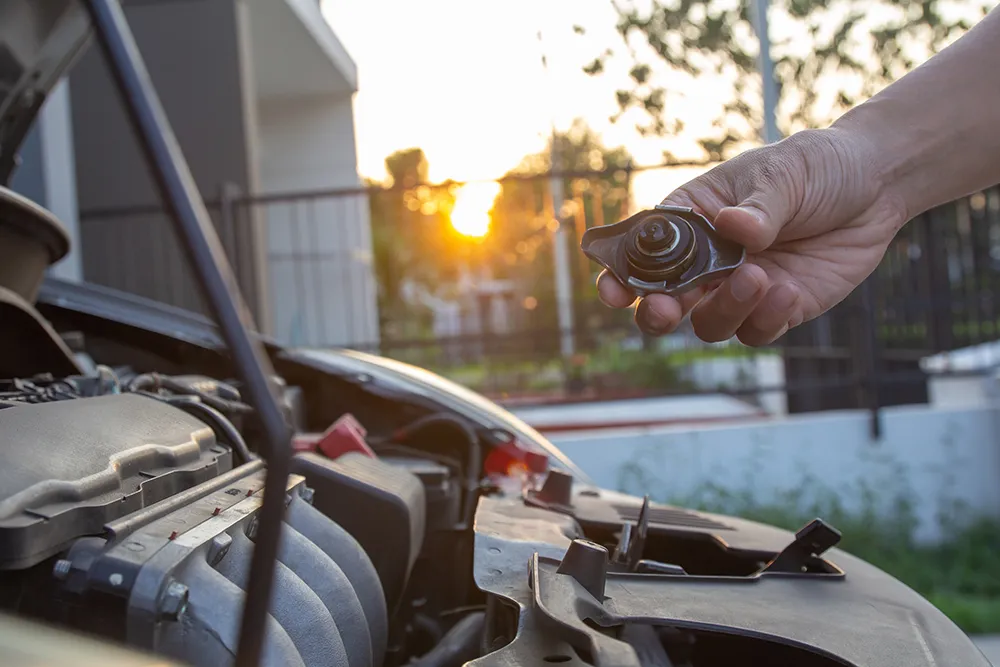Your car’s radiator keeps the engine cool and prevents it from overheating. Without a functional radiator, your vehicle won’t be able to operate properly. Radiator issues can be costly, but with the proper knowledge, you can catch problems early and save yourself money in the long run.
The radiator is like the heart of your car’s cooling system. The first sign of a radiator issue is often a coolant leak. This can be caused by a crack in the radiator or a damaged hose. If you notice a low coolant level, bring it in for inspection by a professional mechanic.
Another common issue is a clogged radiator. Debris can build up inside the radiator and restrict the coolant flow, causing the engine to overheat. A radiator flush can help remove this debris and improve cooling system efficiency.
If your car’s temperature gauge runs high, it could indicate a faulty thermostat. The thermostat regulates the coolant flow in your engine; if stuck closed, the engine will overheat. A professional mechanic can determine if the thermostat is the problem and replace it if necessary.
In some cases, radiator repair may require a complete replacement of the radiator itself. This is often the case with corrosion or physical damage to the radiator. If your car is older or has high mileage, a failing radiator may indicate it’s time to consider a new vehicle.
A healthy radiator is essential to properly functioning your car’s engine. By staying alert to signs of radiator issues and keeping up with regular maintenance, you can help to prevent costly repairs down the line. If you suspect your car’s radiator may need repair, have it inspected by a professional mechanic. Your vehicle will thank you for it!



